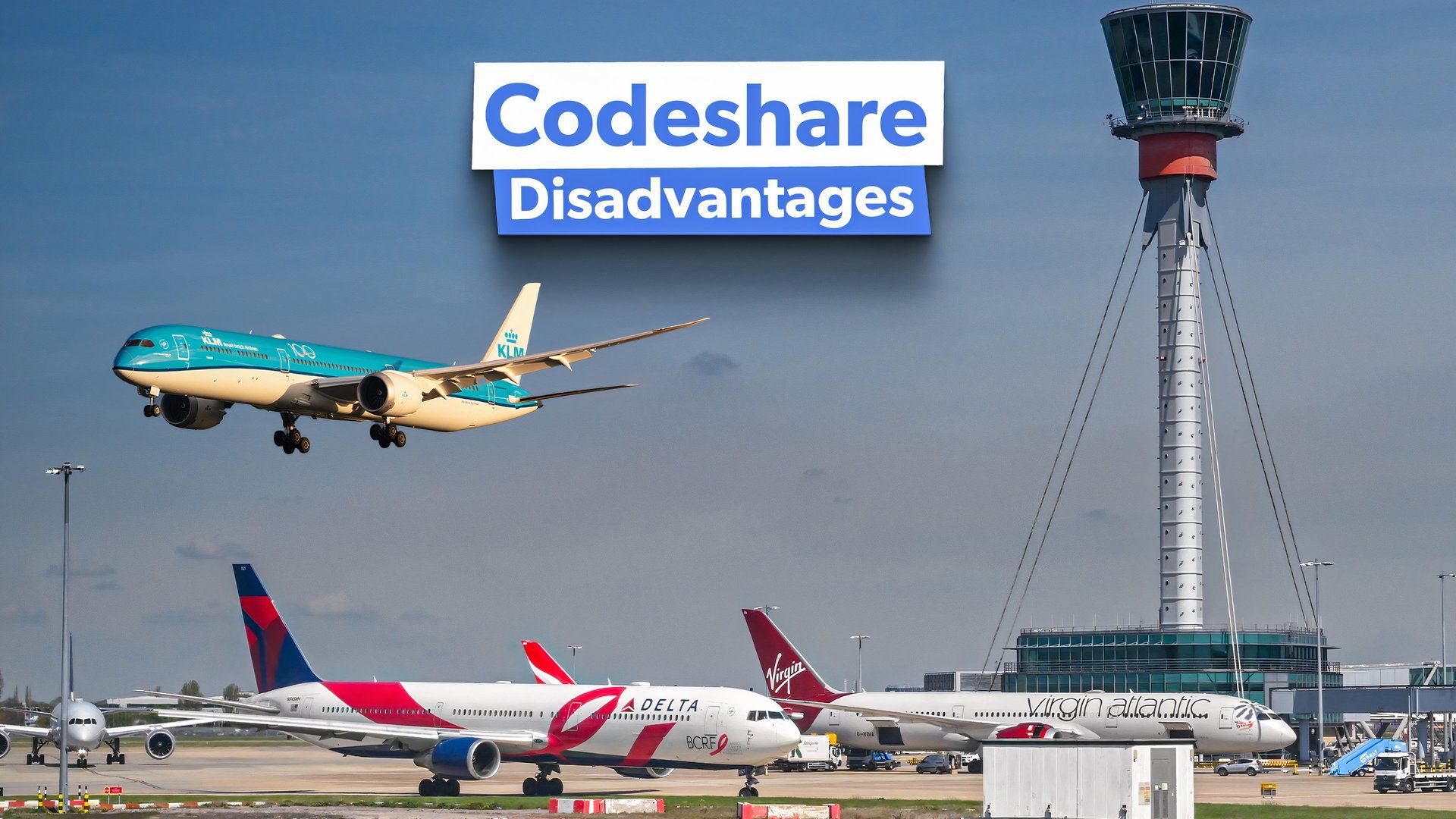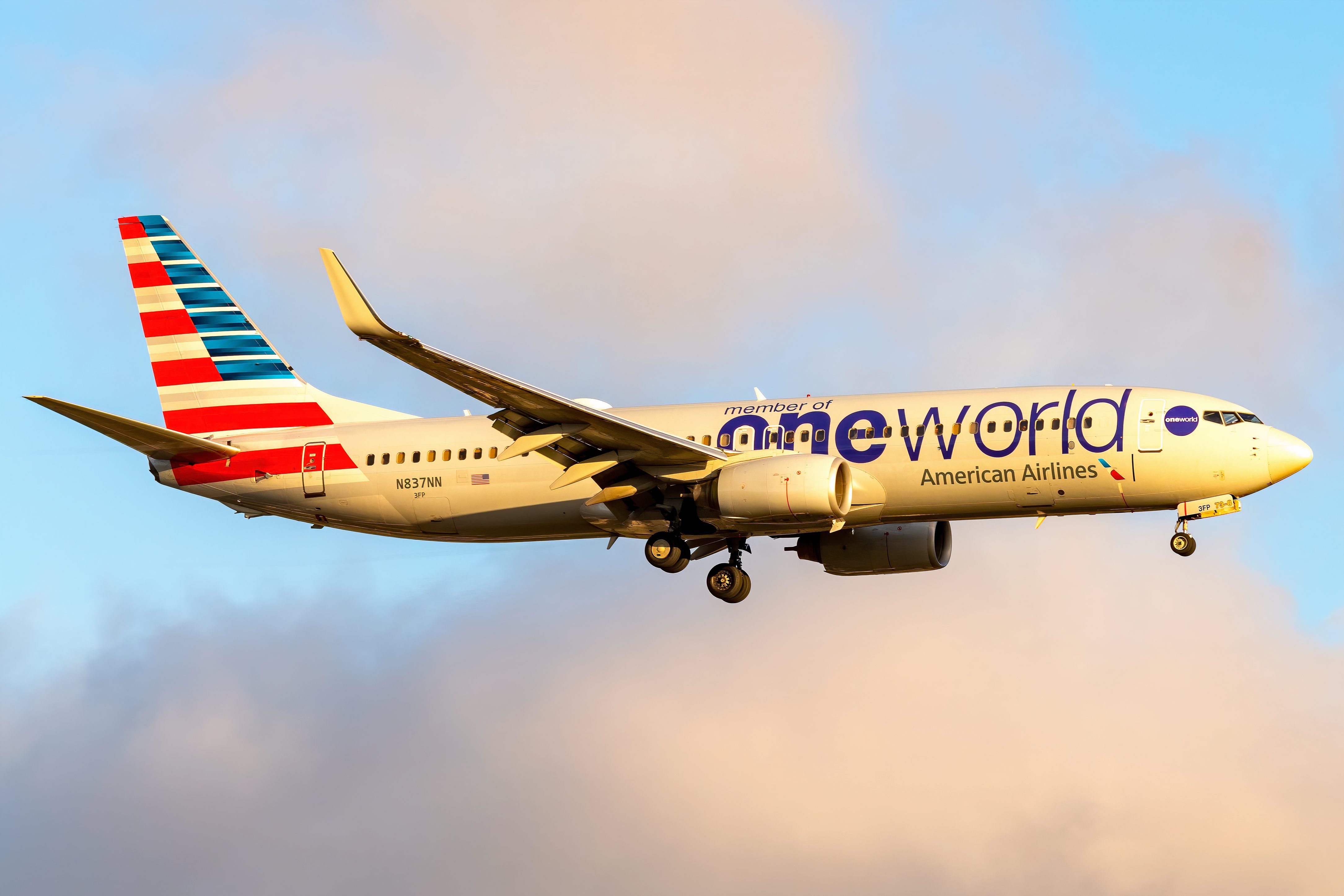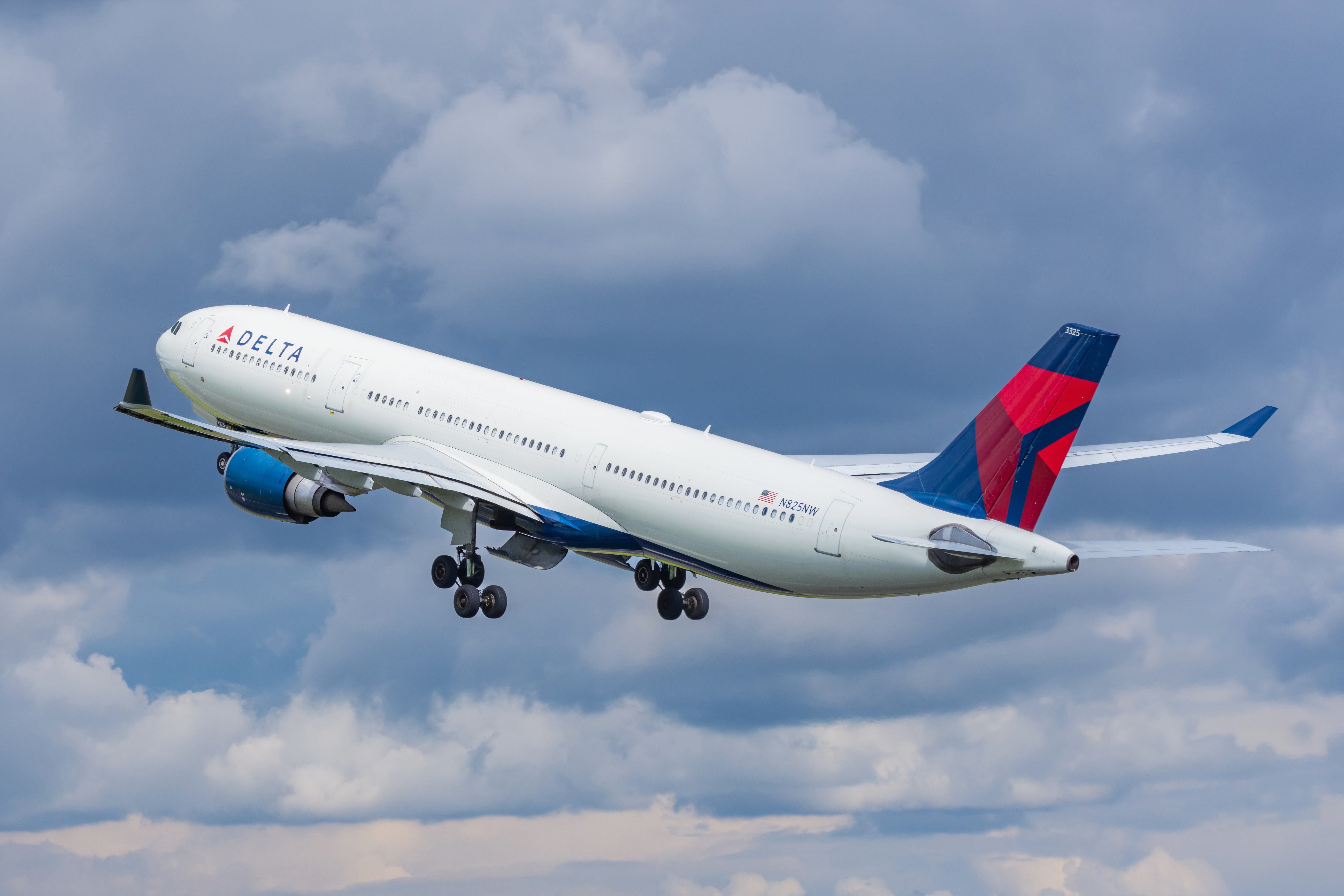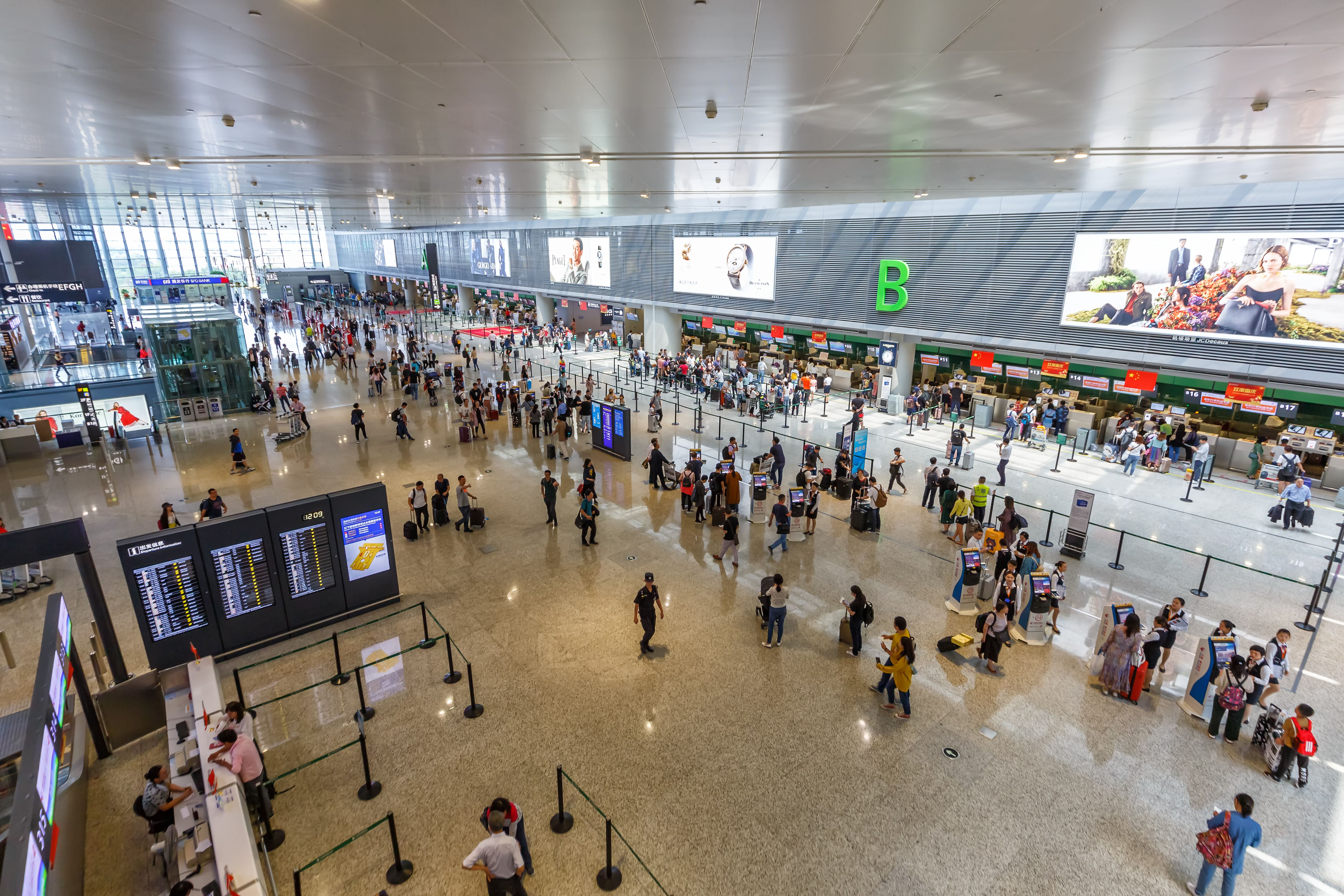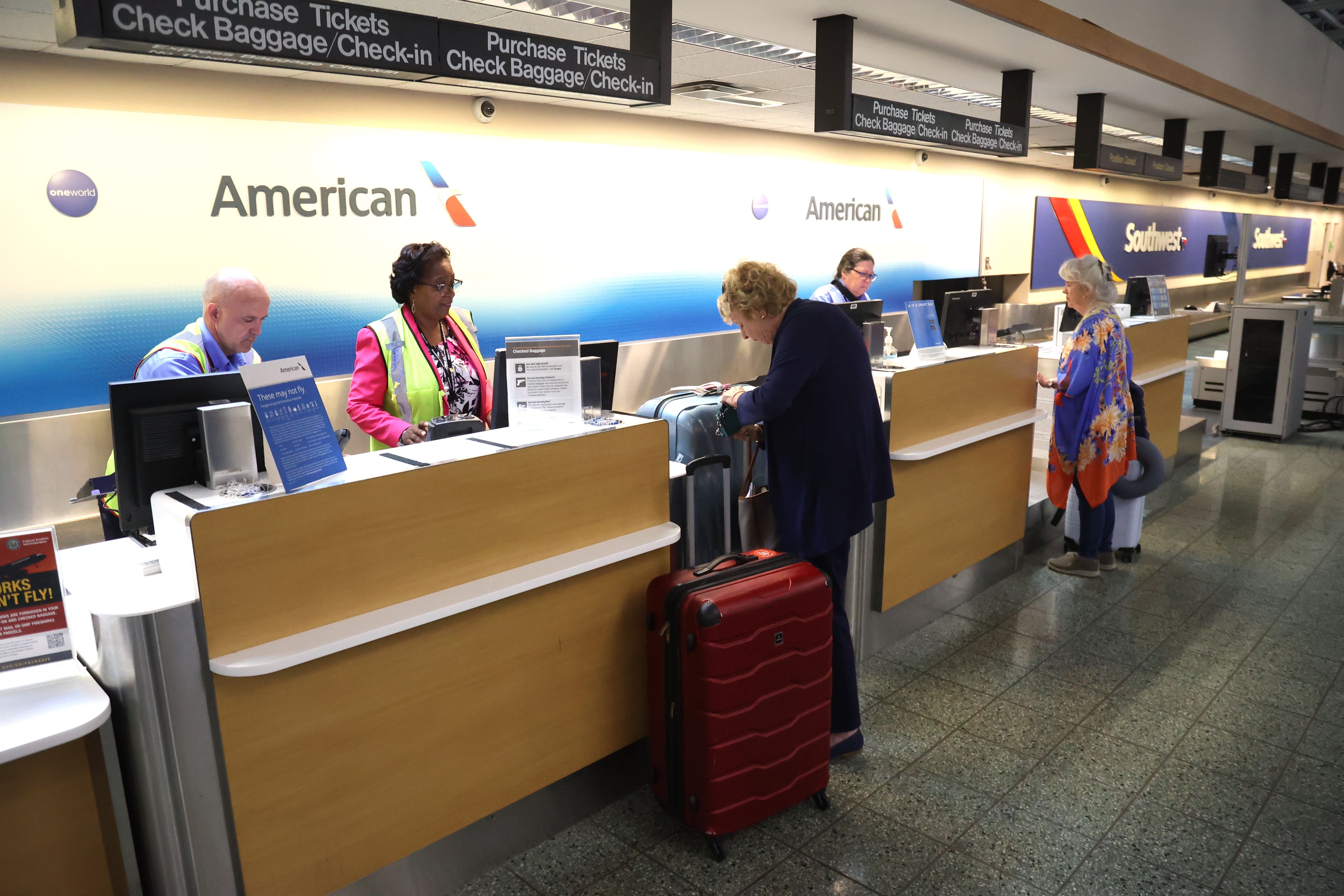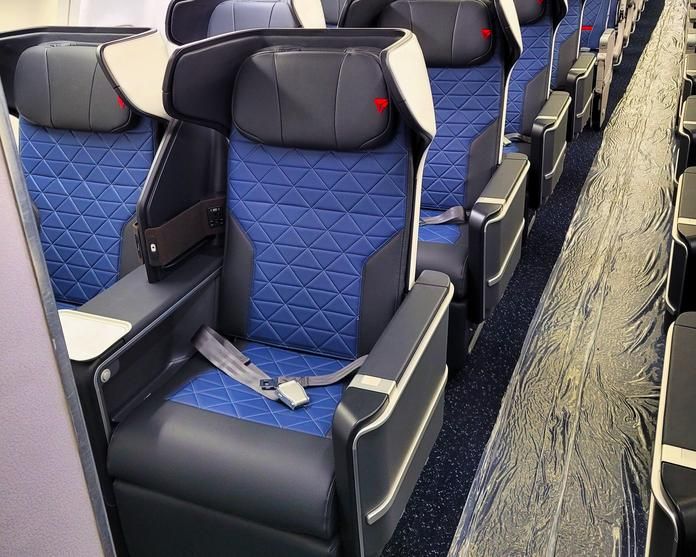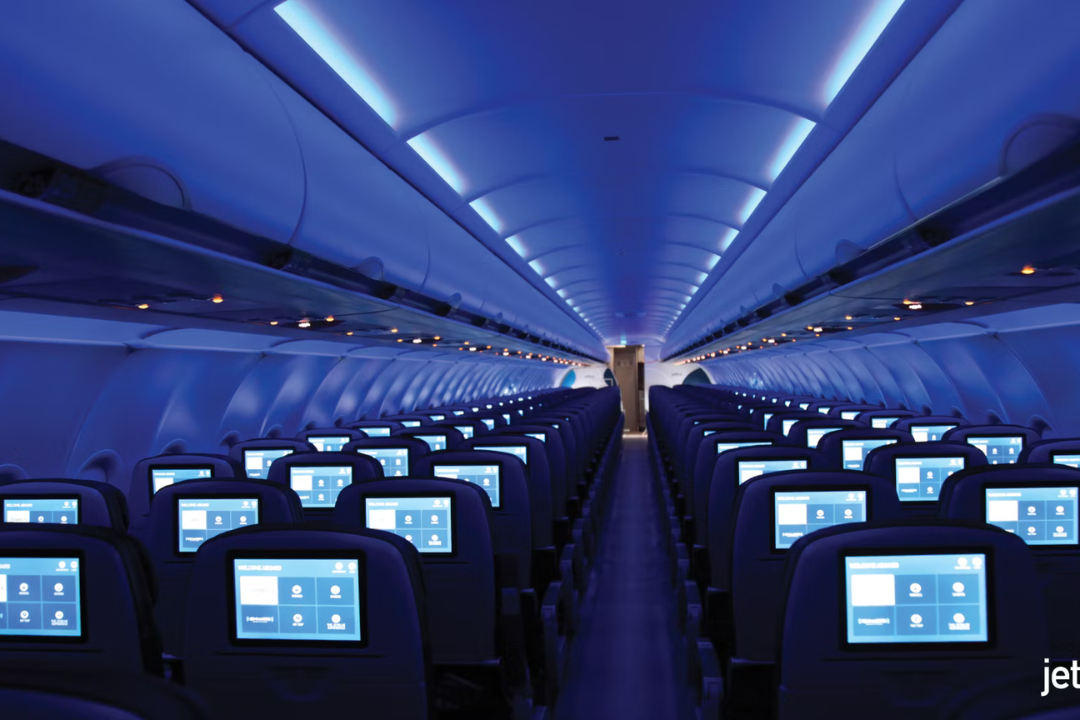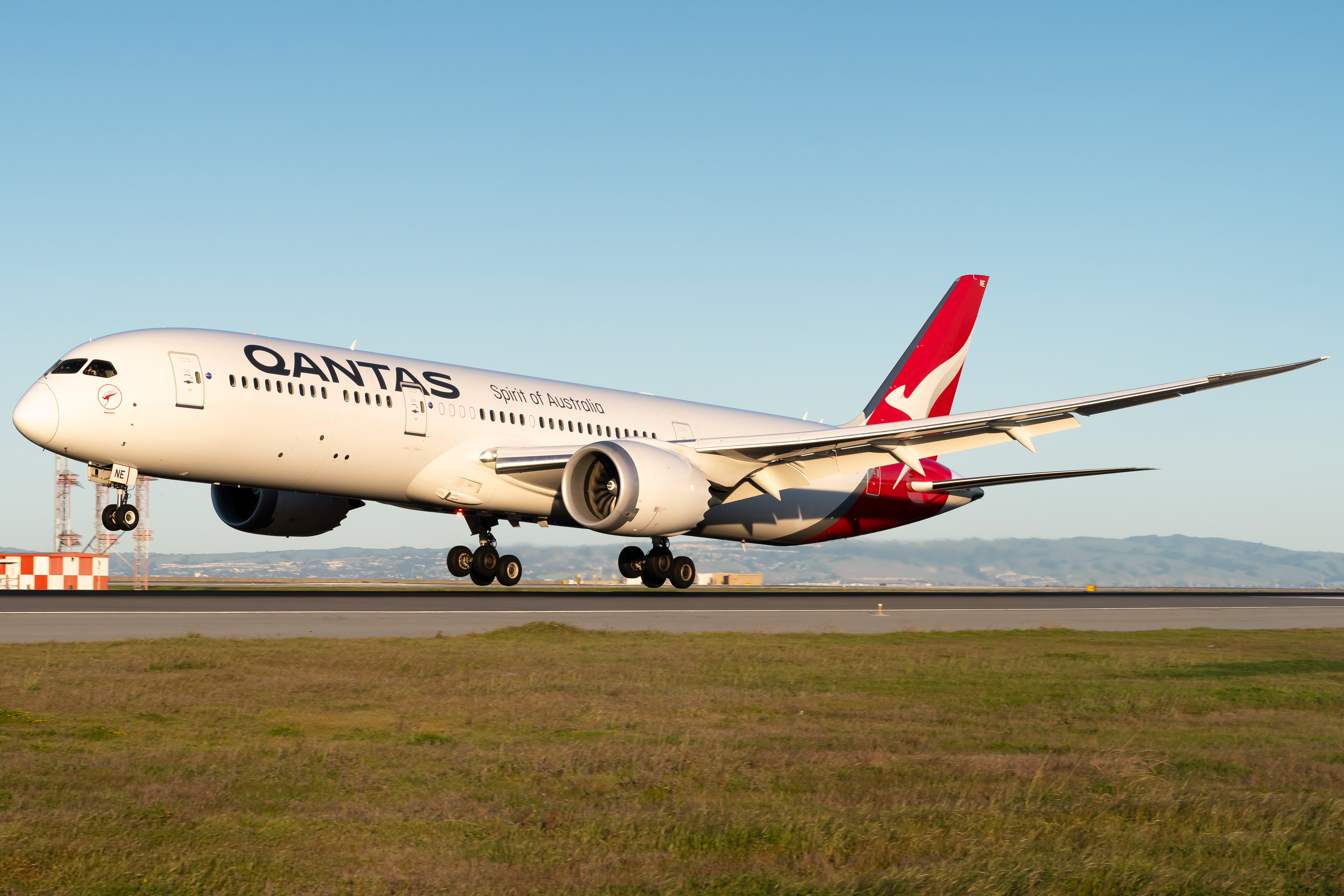Summary
- Codesharing involves ticketing airlines selling seats on flights operated by a separate partner airline.
- Codesharing is common among airlines to expand routes and profits.
- Disadvantages for passengers include difficulties in changing plans, confusion, and complications with spending loyalty points.
Airlines in today’s market rely heavily on agreements and partnerships to boost profits and provide the most extensive route networks for passengers. One common and important partnership is
codesharing
, which involves a ticketing airline selling seats on a flight operated by another airline.
While codesharing provides various benefits for both airlines and passengers, it also has several disadvantages. Some of the most notable drawbacks to
codeshares
are increased difficulty in changing travel plans, confusion for passengers, limitations on spending loyalty points, trouble in choosing seats, and discrepancies in the quality of travel between the two codeshare partner airlines.
What is codesharing?
Airlines often enter into agreements or alliances with one another to further individual airline goals and expand route options for passengers. There are several ways airlines partner with each other, including:
Photo: Vincenzo Pace | Simple Flying
One of the more controversial and often troublesome airline partnerships is codesharing, as seen in
recent events involving Delta Air Lines and JetBlue
. Codesharing is an agreement between two (or more) airlines to sell seats for the same flight.
While only one airline operates the codeshare flight, other airlines can sell tickets as if it were their own flight. In other words, one airline places its “code” on another airline’s flight without actually providing the crew or aircraft.
According to the Sydney Morning Herald, most airlines use codeshares to offer more destinations and garner additional revenue. Codeshare flights can help airlines expand into new markets while still keeping passengers “in-house.” Passengers, in turn, can more easily reach destinations without having to make separate bookings with multiple airlines.
Photo: Minh K Tran | Shutterstock
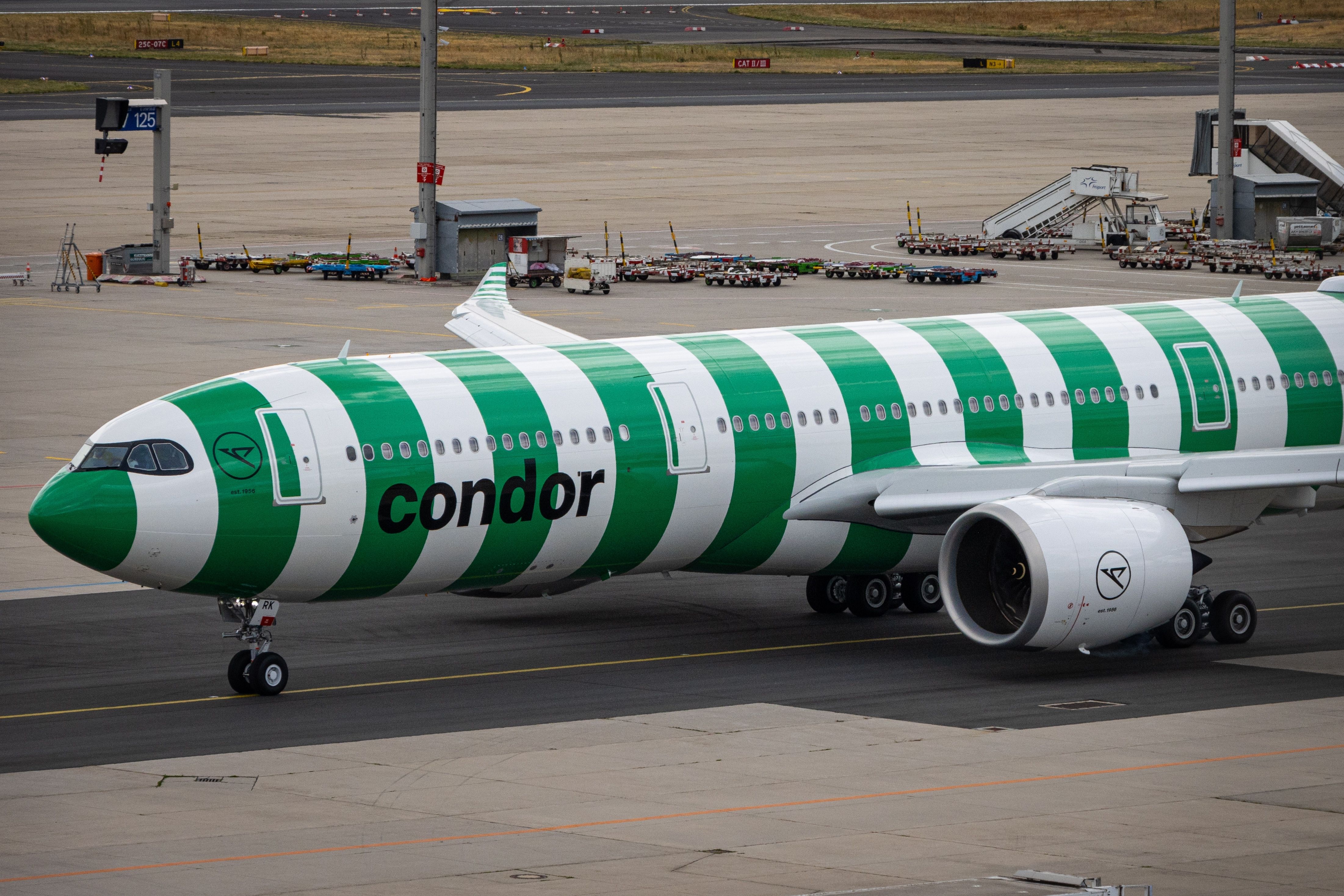
Related
WestJet Opens Frankfurt Airport Gateway With Condor Codeshare
A codeshare deal between Westjet and Condor Airlines offers seamless travel in Europe and North America for travelers on both sides of the Atlantic.
Many airlines use codeshares to gain greater flexibility on routes that would otherwise not be profitable. By entering into codeshare agreements rather than establishing a new individual route, airlines can monitor demand and act with much less risk. If a codeshare sees less demand than the airline expected, it is typically easier to end the agreement than it would be to cut an entire route.
Therefore, codeshares are often very important for airlines, and most major carriers have several partners. The more codeshare partners an airline has, the greater its global reach. The US Department of Transportation lists the major US airlines involved in numerous codeshare partnerships with foreign airlines as of January 2024, as seen in the table below.
|
US Airline |
Number of Foreign Codeshare Partners |
|---|---|
|
Alaska Airlines |
17 |
|
American Airlines |
24 |
|
Delta Air Lines |
22 |
|
Frontier Airlines |
1 |
|
Hawaiian Airlines |
6 |
|
JetBlue |
10 |
|
SkyWest Airlines |
1 |
|
United Airlines |
25 |
Disadvantages of codesharing
Codesharing has increased among airlines throughout the years. Today, it is very common for international passengers with multiple flights to find themselves involved in a codeshare.
Despite the benefits codeshares can bring for both airlines and passengers, they are often rife with disadvantages. While airlines sometimes have their own codesharing issues, the most notable drawbacks are usually for passengers.
Photo: Markus Mainka | Shutterstock
Changing travel plans
According to The National, the main disadvantage of codeshare flights is the inflexibility they can provide for passengers needing to change travel plans. Codeshare flights are often difficult to rebook or alter, as the booked airline doesn’t have the final authority to make the change. Instead, this airline must work with the operating airline to modify any itinerary.
Further, if a schedule change or cancelation is made by the operating carrier, passengers can face additional difficulties. Although they should be able to address these changes with the ticketing carrier, this is often not the case.
For example, if a passenger books a ticket through American Airlines for travel on a JetBlue-operated flight that is canceled, they must deal with American to get rebooked. However, American could find it easier to rebook the passenger on a different American flight rather than an alternative JetBlue flight, which may be less than ideal for many traveler’s plans.
Photo: Getty Images
Confusion for passengers
Another disadvantage of codeshare flights is the confusion they can cause for many passengers. Many travelers unaccustomed to codeshares may be unsure of the airline they are flying with and may try to check in at terminals for their ticketing airline rather than the operating airline.
Good Travel Management offers advice for passengers who may find themselves confused about how to handle issues on codeshares. According to this guidance, travelers should contact the ticketing airline if they wish to change their ticket. For help with other issues, such as checking in, last-minute flight cancelations, and missing luggage, passengers are advised to contact the operating airline.
Airline points and miles
A third disadvantage of codeshares involves airline reward programs. Passengers on many codeshare flights may face difficulties not only in earning new points or miles for their flights, but also in using existing points on codeshare travel.
Passengers hoping to use points accrued with the ticketing airline to upgrade their seats may find themselves in a dilemma. Occasionally, the operating airline may not recognize these travelers’ statuses or allow upgrades.
Photo: Delta Air Lines
Many airlines have worked to eliminate this issue in recent years, much to passengers’ delight. Some airlines allow travelers to accrue points with either airline on codeshare flights, while others have made efforts to allow passengers to spend points on flights operated by codeshare partners.
An example of this is
JetBlue and Etihad
. The codeshare partners recently announced that JetBlue passengers can redeem TrueBlue points on Etihad flights, while Etihad Guest members can earn and book flights operated by JetBlue.
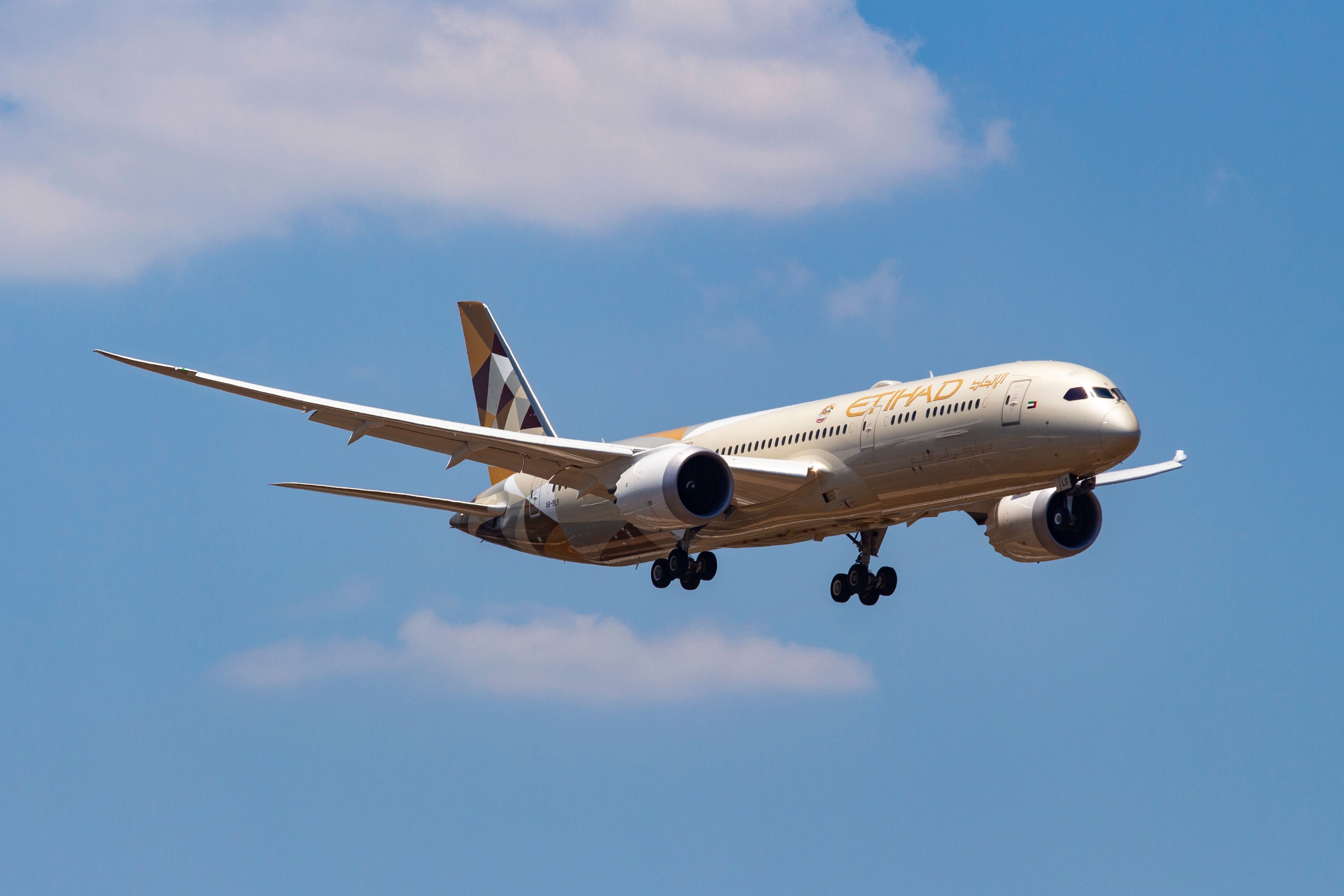
Related
Etihad Airways and Egyptair Want To Expand Codeshare And Frequent Flyer Benefits
Etihad recently expanded its partnerships with two North African airlines.
Choosing seats
Perhaps one of the most frustrating aspects of codeshare flights is the difficulty often involved in assigning seats. While not the case for all airlines, passengers on some airlines’ codeshare flights may not be able to view a seat map for the codeshare flight.
Window Seat Preferred discusses this issue with a personal example of a travel experience last year, where the traveler was forced to contact both airlines’ help centers to obtain a specific seat. Unfortunately, even this additional effort was not enough, and the passenger ended up finding themselves in a less-than-desirable seat on the codeshare flight.
Quality of travel
A final disadvantage of codeshare flights for passengers is differences in the quality of travel. While unusual, some travelers may find that the service and comfort levels between codeshare partners can be very distinct.
Airlines often vary in baggage allowances, in-flight services, and seating comfort. Passengers who are used to a certain standard on flights may be surprised when their codesharing flight offers them an experience widely different from that of traditional flights operated by the ticketing airline.
Photo: Vincenzo Pace | Simple Flying
Changi Airport’s Now Boarding discusses this topic in-depth, offering personal anecdotes of passengers who were disappointed in the quality of their travel on a codeshare flight. An example provided is Qantas’ Sydney–New Delhi flight, which has one stop in either Melbourne, Singapore, or Bengaluru (Bangalore).
When the stopover is in Singapore or Bengaluru (Bangalore), the Qantas-operated flight changes to a codeshare flight operated by IndiGo, one of India’s major low-cost carriers. This second flight is on an all-economy aircraft, offering passengers a much less luxurious travel experience compared to the one typically provided by Qantas.
Making the most of codeshare flights
Despite these disadvantages, passengers can find many benefits to booking codesharing flights. Codeshares often make connecting flights more seamless and allow travelers to book tickets through a single airline, rather than deal with the hassle of multiple bookings.
Additionally, most ticketing airlines allow passengers to earn frequent flier points with them, even on flights operated by a partner airline. Savvy travelers can earn points at a lower cost even when not flying with the carrier that the loyalty program belongs to.
Above all, codeshare flights give passengers more control over price and schedule. Travelers willing to face the difficulties associated with codeshare flights can typically save money and reach their destinations at their preferred times, rather than being forced to adhere to the schedule of a single airline.

